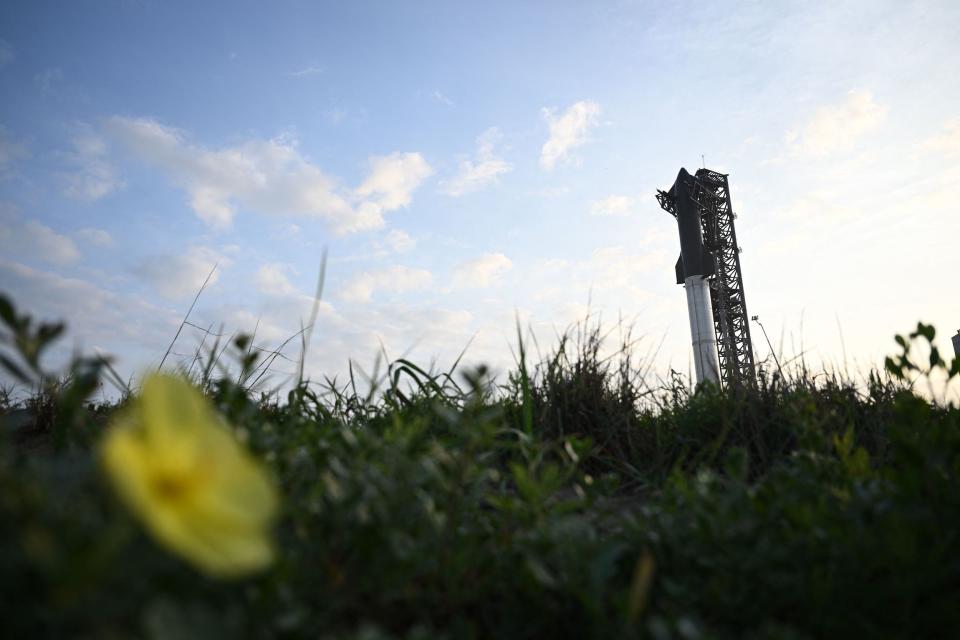FAA failed to fully assess environmental effects of Starship, lawsuit alleges

A coalition of advocacy groups has filed a lawsuit against the U.S. Federal Aviation Administration (FAA) over its handling of the environmental assessment of SpaceX’s launch plans in southeast Texas.
The FAA gave the green-light to SpaceX’s Starship launch program last summer, with the stipulation that the company perform a series of measures to mitigate environmental impacts to the surrounding area. But the lawsuit says this analysis, and the mitigating measures it required, are not sufficient to offset or even fully understand the full effects of repeat Starship launches.
While the FAA has grounded Starship pending an investigation into the April 20 flight test that ended in a mid-air explosion, the suit is asking the court to rescind SpaceX’s launch license to fly the rocket altogether, until a full environmental assessment is complete.
SpaceX’s Starbase, its sprawling launch and rocket development site in southeast Texas, is near Brazos Island State Park and Boca Chica State Park, which are both home to sensitive bird and other animal populations. The Lower Rio Grande Valley National Wildlife Refuge, which is directly adjacent to the launch site, is “one of the most biologically diverse regions in North America,” the suit says. These sites are home to federally protected species like the piping plover, loggerhead sea turtles and ocelots.
The complaint takes particular aim at testing “anomalies,” like the mid-air explosion of Starship that concluded the April 20 test flight. That test, which caused significant damage to the rocket’s massive concrete launch pad, generated debris that spread across hundreds of acres, into surrounding parkland and the beach. The nearby town of Port Isabel was reportedly covered in a grimy sand that was kicked up from the launch.
The effects of anomalies were not sufficiently considered by the FAA’s analysis, the group alleges. Nor does the FAA require SpaceX to conduct measures, like static fire tests, to mitigate the risks of an anomaly from occurring, they say.
The FAA originally planned to conduct an environmental impact statement (EIS) on the Starship launch program, then later chose to scale that back to what’s called a “Programmatic Environmental Assessment” instead -- a type of analysis that’s used to determine if a full EIS is required. Choosing instead to conduct “a considerably less thorough analysis” was “based on SpaceX’s preference,” the lawyers argued.
In a decision issued last summer, the FAA ultimately determined that an EIS was not required, so long as SpaceX implement a series of mitigating measures.
Failing to conduct an EIS is in violation of the National Environment Policy Act, a key piece of federal legislation requiring agencies to review environmental impacts before issuing permits and other major actions, the complaint says.
The plaintiffs include environmental advocacy groups Center for Biological Diversity, American Bird Conservancy, Surfrider Foundation, Save RGV and an organization representing the Carrizo/Comecrudo indigenous tribe.
Jared Margolis, senior attorney at the Center for Biological Diversity, told TechCrunch that under Washington, D.C. circuit law the groups could not file the suit until after the FAA issued the launch license to SpaceX. “In the D.C. district, you can’t suit until the final permit is issued,” he said.
In a Twitter Spaces this weekend, SpaceX CEO Elon Musk said that “to the best of our knowledge there has not been any meaningful damage to the environment that we’re aware of.”

 Yahoo Autos
Yahoo Autos 